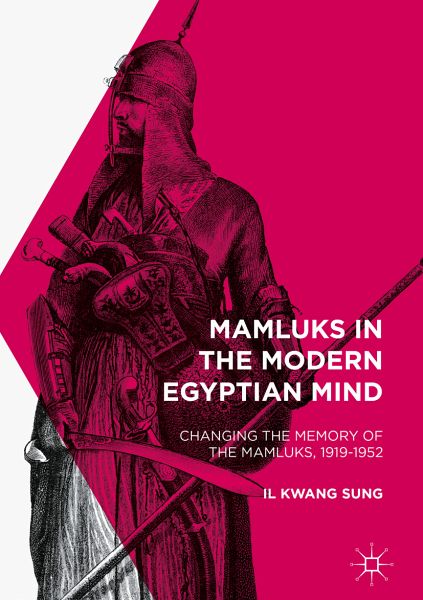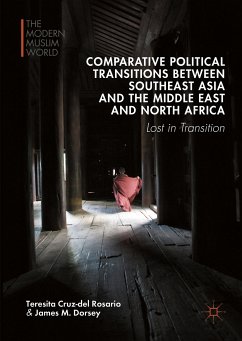
Mamluks in the Modern Egyptian Mind (eBook, PDF)
Changing the Memory of the Mamluks, 1919-1952
Versandkostenfrei!
Sofort per Download lieferbar
72,95 €
inkl. MwSt.
Weitere Ausgaben:

PAYBACK Punkte
36 °P sammeln!
This book explores how modern Egyptians understand the Mamluks and reveals the ways in which that historical memory is utilized for political and ideological purposes. It specifically examines the representations of the Mamluks from two historical periods: the Mamluk Sultanate era (1250-1517) and the Mamluks under the Ottoman era (1517-1811) focusing mostly on the years 1760-1811. Although the Mamluks have had a great impact on the Egyptian collective memory and modern thought, the subject to date has hardly been researched seriously, with most analyses given to stereotypical negative represen...
This book explores how modern Egyptians understand the Mamluks and reveals the ways in which that historical memory is utilized for political and ideological purposes. It specifically examines the representations of the Mamluks from two historical periods: the Mamluk Sultanate era (1250-1517) and the Mamluks under the Ottoman era (1517-1811) focusing mostly on the years 1760-1811. Although the Mamluks have had a great impact on the Egyptian collective memory and modern thought, the subject to date has hardly been researched seriously, with most analyses given to stereotypical negative representations of the Mamluks in historical works. However, many Egyptian historians and intellectuals presented the Mamluk era positively, and even symbolized the Sultans as national icons. This book sheds light on the heretofore-neglected positive dimensions of the multifaceted representations of the Mamluks and addresses the ways in which modern Egyptians utilize that collective memory.
Dieser Download kann aus rechtlichen Gründen nur mit Rechnungsadresse in A, B, BG, CY, CZ, D, DK, EW, E, FIN, F, GR, HR, H, IRL, I, LT, L, LR, M, NL, PL, P, R, S, SLO, SK ausgeliefert werden.












